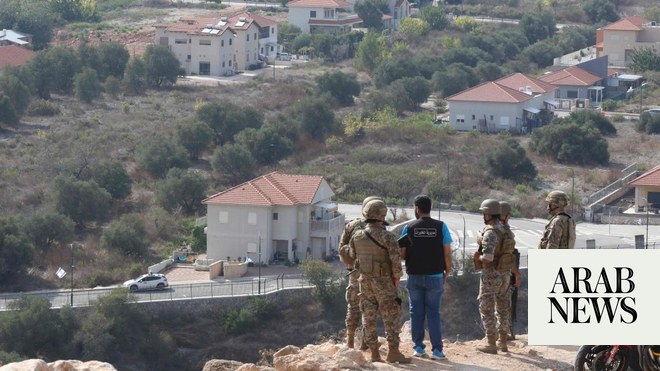
The accelerated Israeli-Hezbollah violence has placed the entire Middle East in a tricky situation. While the stated goal of the Israelis is to be able to have quiet on their northern border, it will not surprise many if there is a much more sinister and long-term goal. Israeli Prime Minister Benjamin Netanyahu has never hidden his desire for a war with Iran. However, the Israeli leader knows that his country cannot take on the powerful Islamic Republic of Iran alone. Therefore, he wants to goad the Iranians into war while knowing that, when such a war takes place, Washington will stand on his side.
Hezbollah, on the other hand, has a much simpler goal. It wants to support the Palestinians in Gaza by engaging the Israelis. Hezbollah Secretary-General Hassan Nasrallah has repeatedly said that the group’s attacks on Israel will immediately stop once Israel agrees to a ceasefire in Gaza and an exchange of prisoners/hostages can take place.
Therefore, it is now obvious that the big question is who will blink first. As far as we know from the words of Nasrallah, the Lebanese Hezbollah organization has no plans to stop, and neither does Israel. How long this phase of escalated violence will last is anyone’s guess, but it is certainly unlikely to last a long time like the war on Gaza.
If the Israelis are not willing to agree on a Gaza ceasefire, the only alternative would be a ground war
Daoud Kuttab
Attacks from the Israeli air force alone are unlikely to be a game changer. So, if the Israelis are not willing to agree on a Gaza ceasefire, the only alternative would be a ground war. The Israelis have already repeatedly said that they want Hezbollah to withdraw from the border area and relocate beyond the Litani River. Hezbollah has not agreed and a ground war could change that, but it would be a very bloody war. Israel has already fought a long war in Lebanon, starting in 1982, and it had to ultimately withdraw after suffering high casualties from the Lebanese resistance. Would it be able to stay in Lebanon for a long time as an occupying force? This would be difficult to accept.
All of the above scenarios do not, of course, include the role of the international community, especially the US, France and the UN Security Council. But the UNSC has failed to implement its own resolution regarding Gaza, so why would Hezbollah agree to silence its attacks due to a possible resolution at a time when Israel has refused to do the same in Gaza?
The two powers that can resolve this issue are the governments in Washington and Paris. The first is a strong ally of Israel and the second is, along with being an ally of Israel, sort of a protectorate of the only Arab country that has a strong Christian presence and a constitutionally mandated Christian president and Christian army commander.
However, any attempts at a Lebanon-Israel ceasefire will run into a brick wall with the Hezbollah leadership if it does not include a Gaza element, thus pushing the issue back to square one. And the only party that can produce such a Gaza agreement is the Biden administration, even though it has only been trying to do so in a soft way.
The Israeli public, which has been demonstrating weekly for a Gaza deal, is largely supporting the war in Lebanon
Daoud Kuttab
Complicating things is the upcoming presidential election in the US, in which the Democratic Party candidate is the sitting vice president. Since the election still looks like being remarkably close, any wrong move by the Biden administration could influence the chances of the White House remaining in Democratic hands. Or so the Biden-Harris administration probably believes.
The Israeli public, which has been demonstrating weekly for a Gaza deal, is largely supporting the war in Lebanon because a third of the country is under attack and having to sleep in shelters or move south.
The Israeli leaders in Tel Aviv are hoping that their shock and awe of the first few days of this phase of the war, which have resulted in many deaths and injuries and thousands of Lebanese relocating, will bring Hezbollah to its knees. However, if the Lebanese resistance movement holds on, the pressure will quickly shift to Israel, as the Israeli public is unlikely to patiently accept this gamble in Lebanon while their own sons and daughters are still being held hostage by Hamas.
It comes down to a simple question of who will blink first.
Daoud Kuttab is a former professor at Princeton University and the founder and former director of the Institute of Modern Media at Al-Quds University in Ramallah. Twitter: @daoudkuttab












